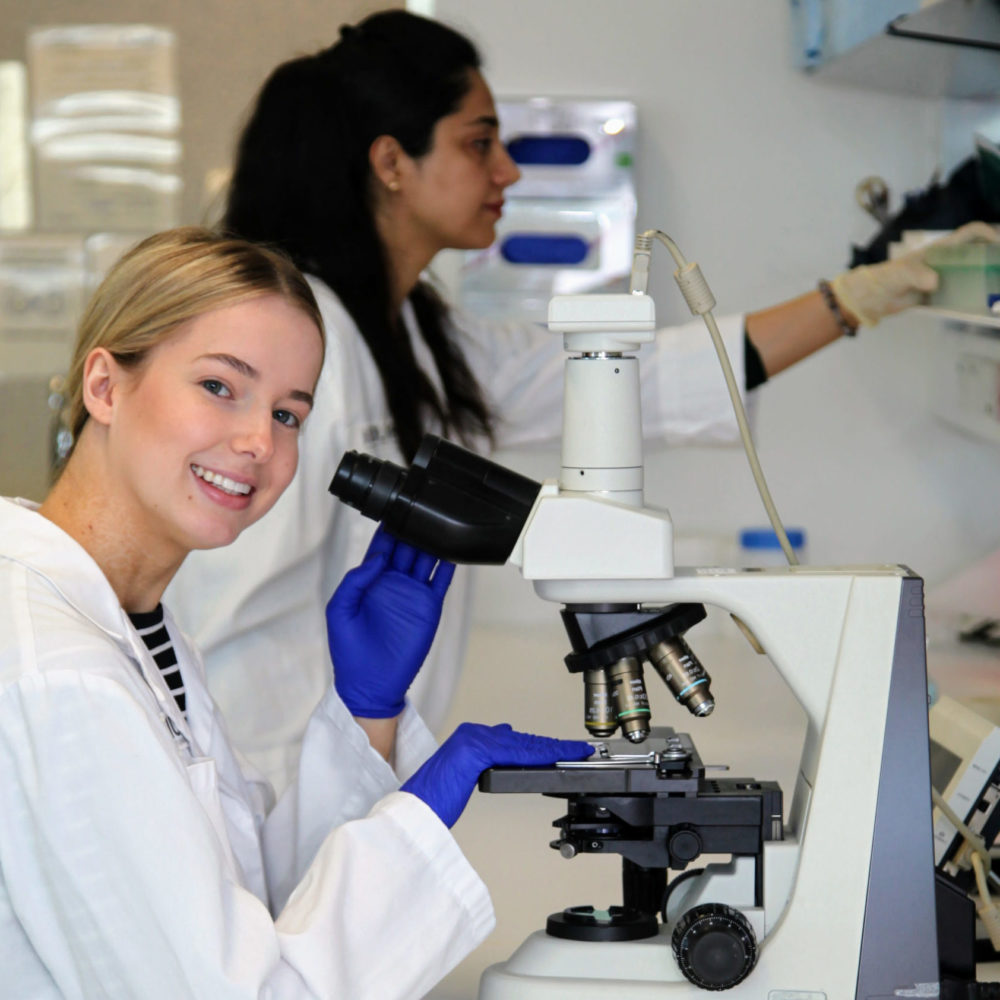Centre for Reproductive Health
The Centre for Reproductive Health delivers globally leading discoveries in reproductive health for present and future generations and provides state-of-the-art training to local and international honours and PhD students working in reproductive biology.

Centre Head Professor Patrick Western
Overview
Reproductive health is a key global challenge, with environmental impacts and societal changes strongly impacting male and female reproduction and the long-term health of offspring. The Centre for Reproductive Health has been delivering outstanding, internationally recognised reproductive biology research discoveries for more than 40 years. The centre’s diverse group of reproductive biologists, students and support staff continue to provide discoveries in reproductive biology that benefit clinical outcomes and reproductive health.
The centre aims to
- Identify molecular and cellular mechanisms underpinning testis and ovarian function, reproductive health and fertility
- Understand how the environment and infectious diseases affect reproductive and future offspring health
- Translate scientific discoveries for clinical benefit
- Train the next generation of reproductive health scientists.
Reproductive health of current and future generations
There is compelling evidence that your lifelong health and that of your future children is determined not only by individual genes, but also by lifestyle and environmental factors such as diet, environmental contaminants, drugs and infections encountered in everyday life.
Using novel cell, organ, culture and animal models, scientist’s discovery and translational science aims to understand the impacts of genetic, lifestyle and environmental factors on sperm and egg development, formation of the embryo and its progression through fetal development.
Through a combined focus on understanding how biological systems work and the primary clinical problems that affect the health of Australians and the broader global community, Centre for Reproductive Health scientists expect studies to lead to new approaches for improved diagnosis, prevention or treatment of disease.
Scientists in the centre have published more than 116 peer-reviewed publications in the past five years, including works in prestigious journals such as Nature Communications, Nature Biotechnology, eLife, Development, BMC Biology, Clinical Epigenetics, Epigenetics and Chromatin, Andrology and Endocrinology.
Diseases we research
Research groups
| Group heads | Groups and research areas |
|---|---|








